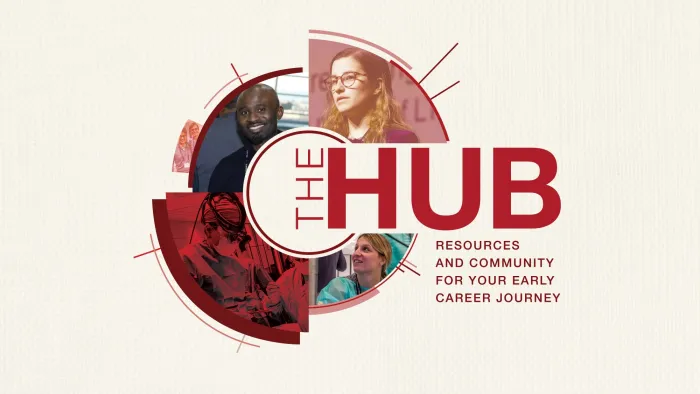In today’s “2025 STS Compensation and Member Practice Survey Update” session, STS leaders discussed key findings from the 2025 survey, offering valuable insights into cardiothoracic surgeon compensation across specialties, career stages, and geographic regions.
This year’s survey—which remains the only tool capturing the full scope and nuances of cardiothoracic surgery practice—now delivers three years of trend data and insights and includes responses from more than 1,100 surgeons. It highlights key trends, including a 5% increase in compensation for cardiac surgeons, 7% for congenital surgeons, and 11% for hybrid surgeons compared with 2024. The survey also expands questions about non-financial considerations accepted in lieu of compensation and adds new items addressing transparency in compensation criteria and benchmarking data.
For the third year in a row, the survey—developed in partnership with Gallagher—examines new areas, including compensation for early-career physicians, employer ownership structures, and satisfaction with compensation. To protect individual privacy, Gallagher reports only aggregated data, ensuring strict confidentiality.
